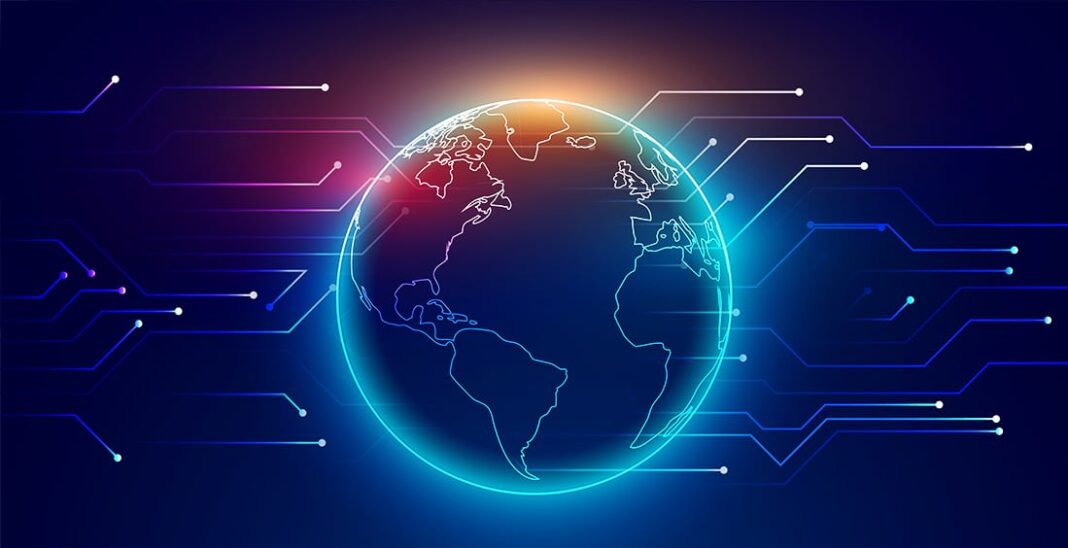Empathy has long been recognized as a cornerstone of human relationships, but the importance of empathy in resolving conflict has gained increased recognition in recent years. In a world increasingly defined by political divisiveness, racial and cultural tensions, and outright violence, it is critical to understand how empathy can help end the cycle of conflict.
At its core, empathy is the ability to understand and share the feelings and perspectives of others. It is a fundamental characteristic of healthy human relationships and is essential to effective communication and problem-solving. However, empathy can also be challenging to achieve, particularly in situations where individuals are deeply entrenched in their own perspectives and beliefs.
In the context of conflict, empathy can be a powerful tool for ending the cycle of violence and destruction. By allowing individuals to see the world from the perspective of their adversaries, empathy can foster understanding and create opportunities for compromise and resolution. It can help build trust and encourage individuals to work together towards common goals.
One of the key challenges in promoting empathy in conflict situations is overcoming the natural tendency towards enmity. In situations where individuals or groups feel threatened or wronged, there is a tendency to demonize the other side and view them as the enemy. This kind of thinking can make it difficult to see the value in empathy and prevent individuals from even considering alternative perspectives.
Another challenge is the difficulty in defining empathy itself. While most people intuitively understand what empathy means, in practice it can be difficult to know how to approach it in conflict situations. Some experts advocate for simply listening to and validating the experiences of others, while others argue for taking a more active approach and actively seeking out opportunities to empathize with others.
Despite these challenges, there are many examples of how empathy has played a transformative role in ending conflict. For example, the Truth and Reconciliation Commission that helped to end apartheid in South Africa was designed to give voice to victims of violence and oppression and to promote understanding between different racial and cultural groups. Similarly, the Belfast Project in Northern Ireland helped bring together former enemies to discuss their shared experiences and work towards a more peaceful future.
Overall, empathy is a critical component of conflict resolution in the modern world. As more and more individuals and groups become isolated in their own echo chambers and hostility is perpetuated through social media and other channels, building empathy will be a critical challenge. However, by recognizing the value of empathy and committing to its promotion, we can create a more peaceful and just world for all.
- Breaking Boundaries: Revolutionary Scientific Discovery Unleashes a New Era of Possibilities! - 9 de junio de 2023
- Exploring Beyond Our Solar System: The Next Frontier of Space Travel! - 9 de junio de 2023
- Experience Life in Harmony with Nature: Join the Ecotourism Movement Today! - 9 de junio de 2023



